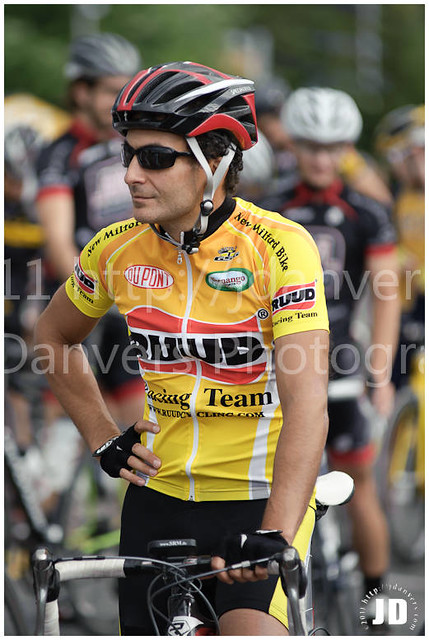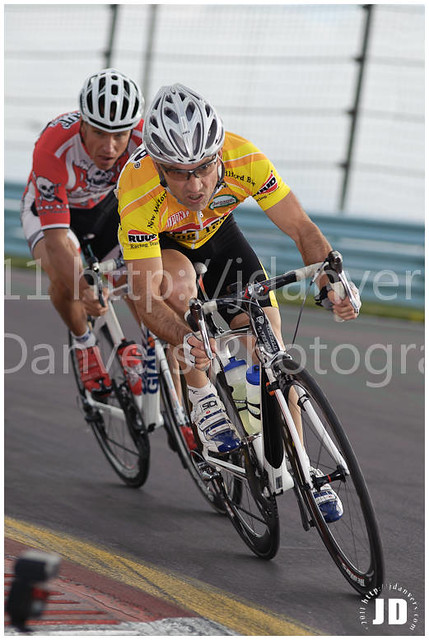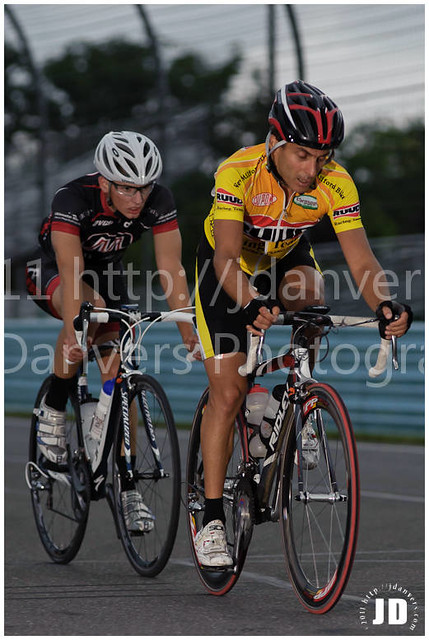Don't force it. Just ask. Ask quietly and expect it to be answered, but remove your emotional self from the outcome.
I think every religion has a version of this, and with good reason. It's how the game of life is played (as much as it may go contrary to what some of our culture desires.)
I have long known this technique, having first learned it on reading the Inner Game of Tennis back when I was a teen, then nearly memorizing The Game of Life by Florence Scovel Shinn over several years.
I have forgotten this over the past few years, but it never went completely away. More recently, as I find myself dealing with loss, loneliness and uncertainty about my future in work, business, love, it has become subsumed in a quagmire of emotions.
But, during the hard times, it becomes even more crucial to follow the path. I finally started again just recently. A matter of weeks even.
There is one constant these days. The bike. Music is still there, but it's mainly in my head. I am taking a bit of a hiatus from playing music at the moment while I sort out some of this stuff, but it will always be playing inside. The bike has been my companion though, and has helped me through times of friends leaving, work disappearing, loss of love, all of it.
So I am using the bike as a way to get back "on the path". I have been asking for little things along the way. Simple things like asking for just a little relaxation during a hard effort or asking for a quieter mind when the thoughts of "I don't know if I can do this" come up. I might ask for just a bit better mechanics in my pedaling, or just a bit more efficiency, or just a bit less effort for the same speed. Little tiny things.
The things that make up everything. It helps get me in the habit of staying on the path.
I had one primary goal with the Corning Circuit Race this year. I signed up for the 1/2/3 race as it was the longest race. Again, I was uncertain about whether I belonged in this field. I could have done the 40+ and been pretty sure of doing rather well, but I had a hunch that the right thing to do was to go for the tougher race.
Never violate a hunch.
My plan was simple. Stay in the race no matter what. Don't get dropped and a pack finish in the 1/2/3 is to be considered a success.

The field was small. 20 of us rolled out, including a few heavy hitters. Mt. Borah had four in the field, and Corning had three. I figured that once a breakaway with riders from both got off the front, it was going to stick.
The first six laps were tough. Numerous attempts were made by people to get away and were all eventually chased down. We would go from moderate to breakneck speed often, and the fastest laps for the pack in general happened at this time. My fastest lap was 8 minutes flat (something on the order of 25.5mph which is impressive on a lap with 65 feet of climbing per mile.)
By lap seven, the proper combination of riders made it off the front and the pack shut down the chase. I was expecting this and actually counting on it, as we still had over an hour of racing left to go. I made sure I didn't take any more wind than I had to during this time, conserving my energy for when the race would get hard again toward the end.
This slow pace kept up for laps 7, 8 and 9 until someone said that we were about to get caught by the breakaway from the 40+ (which had left one minute after us.)
I thought to myself "it's going to be Pete and Bruce".....
The car goes past.

Then, sure enough, Pete and Bruce, breakaway of two, way way off the front of the 40+ field. I was gleeful and shouted my encouragement to Pete. We cat-and-moused them for the rest of lap ten and most of lap 11 when I pulled our group off to the side to let them sprint for the win in their race, and then back to ours.
Attacks had already begun during the cat/mouse lap with the 40+ break, causing us to speed up a bit, catch the guy, slow down, and so on. Once the 40+ race was over, we had 4 laps left to go and our race was most definitely back on. Two guys had gotten dropped from the breakaway and were now dangling in front of us, as well as some guys in our field getting antsy to get clear for the finish. We were all pretty tired at this point, and our lap times were starting to suffer, but the racing was actually harder, since we would surge like crazy and string out chasing the attackers, then slow down dramatically looking at eachother once caught.
During all of this I was asking up a storm. Every time there was a surge and a little gap, instead of thinking about the pain or wondering if I could make it, I would simply and quietly ask that I could succeed in closing this break or jumping on this attacker's wheel, or whatever.
It worked, every time. I am not saying it did not hurt. It did hurt, but I didn't need to think about the pain since I was occupying myself with asking.

Lap 14, we are getting to the 2 hour mark in the race. Lots of guys got dropped. Some have already pulled out. It's starting to look good for me as endurance is one of my best traits. I was first wheel coming into the boot and going up the hill at what I thought was a reasonable pace. I look behind me and they have let me go. I give it a bit more gas to gain a bit of separation, hoping that they won't decide to chase until it's too late. The legs felt fair, but the power coming out of them wasn't terribly high, so this was iffy at best. I made it to halfway into lap 15 this way before getting caught and sitting up.
A couple of late attacks. I answered all of them, using my ask technique, plus downshifting and using a fast cadence burst which had been keeping me in the game throughout the race. We were together for the final sprint, but only 6 of us remained in the pack.
Yaco went early and I made a mistake. I should have jumped when he did. I had a hunch to do this and violated it. I had allowed feelings of fear and inadequacy to overcome it.
Never violate a hunch.
I waited for the rest of the group to sprint, lost the draft and sprinted in the wind for 10th.
Had I jumped when Yaco did I might have gotten 8th. Live and learn.
But I accomplished my goal. I survived a hard 1/2/3 race. I finished 10th in a race of 20 and never got dropped. And it was excellent practice for the Game of Life.
